A Jewish Thanksgiving
AJT offers some food for thought – literally – with recipes you will want to try.
Thanksgiving may be a favorite holiday for us Jews. There’s no long service or retelling of stories before we can eat. We don’t have to give up food or dramatically change our diet for eight days. It’s all about the heavy, starchy, calorie-laden, make-you-need-a-nap food. Oh, and spending time with family. And Jews are big into both.
For that reason, the AJT decided to ask a few rabbis how they celebrate the holiday and their thoughts on what makes Thanksgiving Jewish. We provide you a few prayers to consider at your Thanksgiving table or over the long holiday weekend.
And to top it off, we offer some food for thought – literally. Recipes to help you get in the holiday spirit.
Not everyone in the Jewish community always celebrated Thanksgiving. Growing up with Canadian parents, Thanksgiving wasn’t a big part of Rabbi Mark Zimmerman’s life. “And frankly, I loved my mother’s honey-glazed corned beef – I guess the kosher equivalent of honey baked ham – way more than turkey! But now, Thanksgiving is a special part of our lives where we get to sit together with our children and grandchildren, and where we spend a whole day together while I engage in our annual – typically successful – experiment with my electric smoker,” said the rabbi of Congregation Beth Shalom in Dunwoody.
“My neighbor may celebrate Christmas, and I may celebrate Chanukah, but we’re both celebrating Thanksgiving,” Zimmerman said. “And while an American holiday, Thanksgiving is a very Jewish idea. Saying blessings of gratitude is an every-day part of Jewish living, including the regular Birkat HaMazon, the traditional Grace After Meals.
“Every time we recite a blessing, we are essentially saying thank you. And after Pittsburgh, we all need to recognize that everything and every relationship we get to enjoy in this world is a precious gift.”
Rabbi Eliyahu Schusterman of Chabad Intown doesn’t necessarily celebrate Thanksgiving in a traditional way with turkey and fixings. “My wife says we have Thanksgiving every Friday night. We usually have a feast.”
But the family tries to get away to the mountains for the holiday and reflect on gratitude for this country, he said. “It is a privilege to live in this country. Despite the challenges we’ve experienced recently, it’s still the best country Jews experienced in our history. There’s something to be said about that.”
He explained the origins of the holiday. The forefathers came to a country that welcomed them to live freely, he said. “That meant they could practice their observances of faith without persecution, the ability to live according to G-d’s will, and they established Thanksgiving as a way to give gratitude for that.”
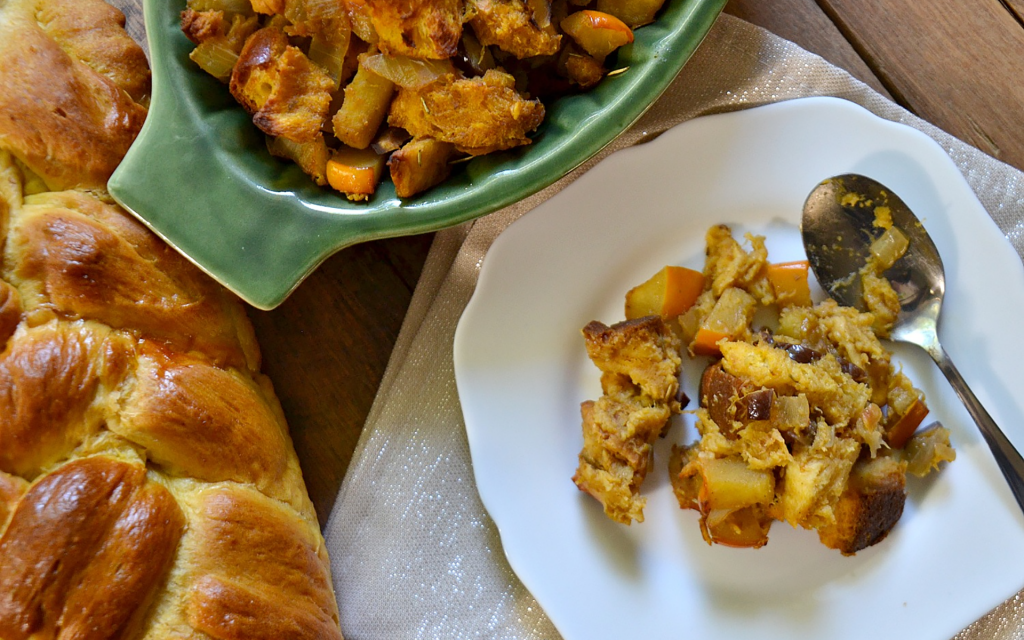
While Thanksgiving may have evolved from there, the core concept is as relevant today as when the forefathers set foot in America, Schusterman said. And that hasn’t changed with the recent anti-Semitic events in Pittsburgh, he said. “It’s not a perfect place, but we still have to look at the big picture.”
The Lubavitcher Rebbe called America “a kingdom of peace, a country whose laws support our rights to live as we choose, and we collectively have to give thanks.” America offers “values of peace and freedom we had not experienced before the United States of America.”
The Jewish concept of gratitude is a fundamental value, Schusterman said. “We say Mode Ani in the morning to thank G-d for restoring our souls, and we give thanks where due.” Blessings before and after eating are other examples of showing gratitude, he said.
Judaism is full of blessings, opportunities to give thanks for the kindness G-d and others show us, he said.
Appropriate for Thanksgiving are the Psalms, attributed to King David, expressing a soul’s longing for G-d, gratitude for living, uncertainty about the future and the quest for faith, compassion and goodness. We’ve chosen some you might want to consider reading at your Thanksgiving table or around the holiday period.
Psalm 28: Let G-d Be Your Strength
Psalm 30: Give Thanks Forever
Psalm 100: Praise
Psalm 111: Nourishment
Psalm 118: G-d is Good
Psalm 150: Every Soul Rejoice
Need more nourishment for the soul? Here are some recipes to help you savor the spirit of the holiday.
- Pumpkin Challah
- Pumpkin Challah Stuffing
- Egg-Free Sweet Potato Kugel (Parve)
- Green Beans with Pecans and Date Syrup
- Cranberry and Pear Chutney (Parve)
- Chocolate Gelt Pecan Pie (This dessert is dairy, so save for after your Turkey has digested.)



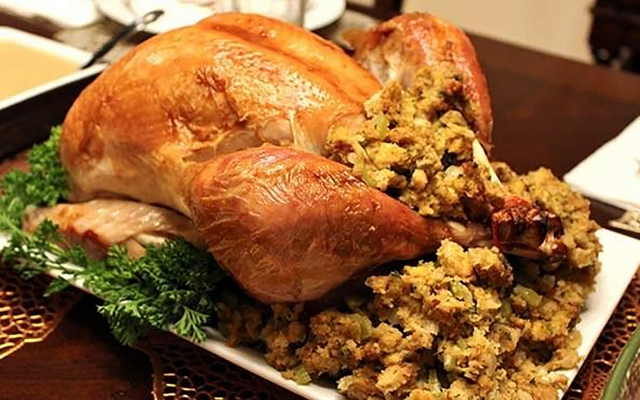
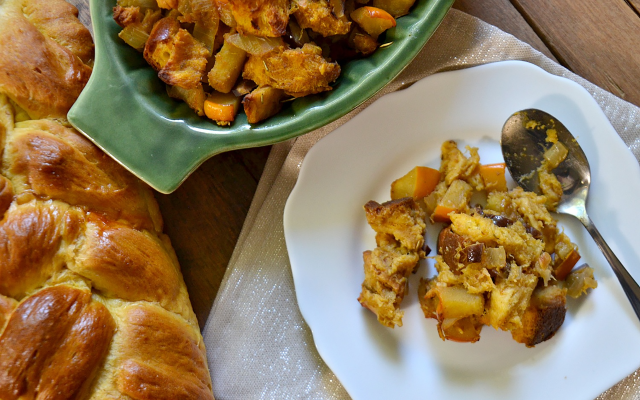
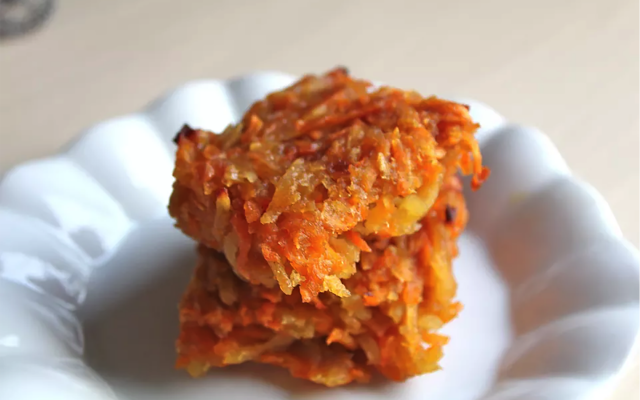
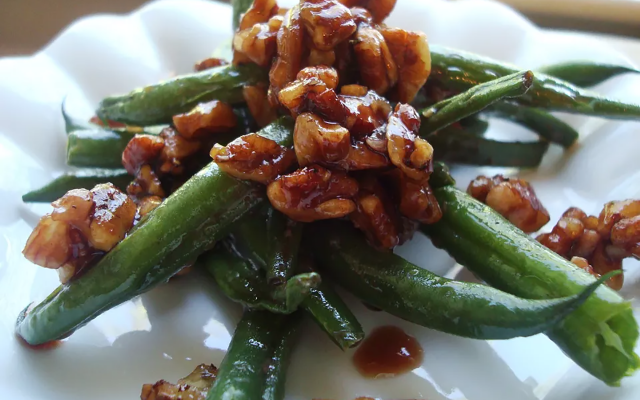
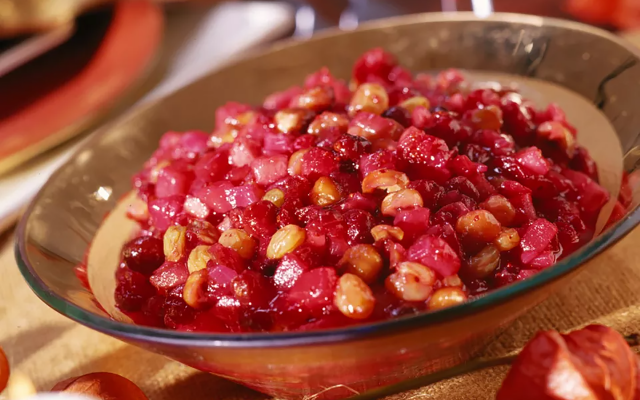
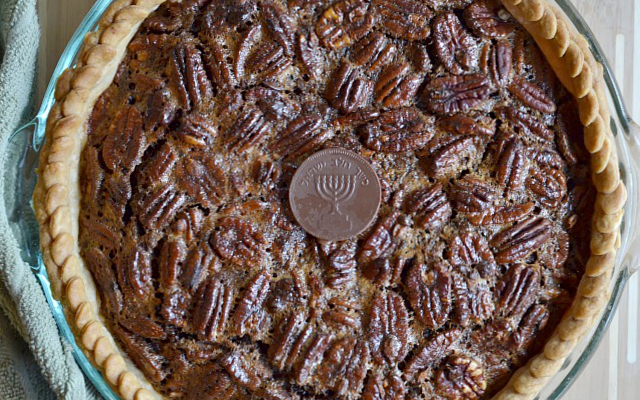
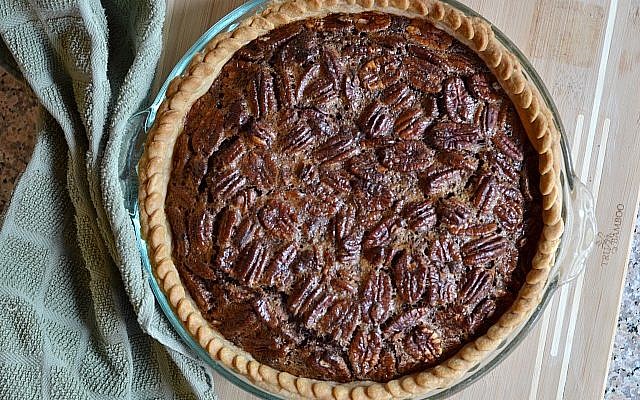
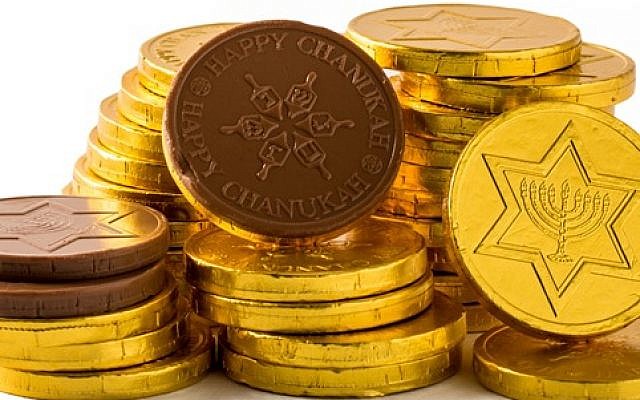
comments